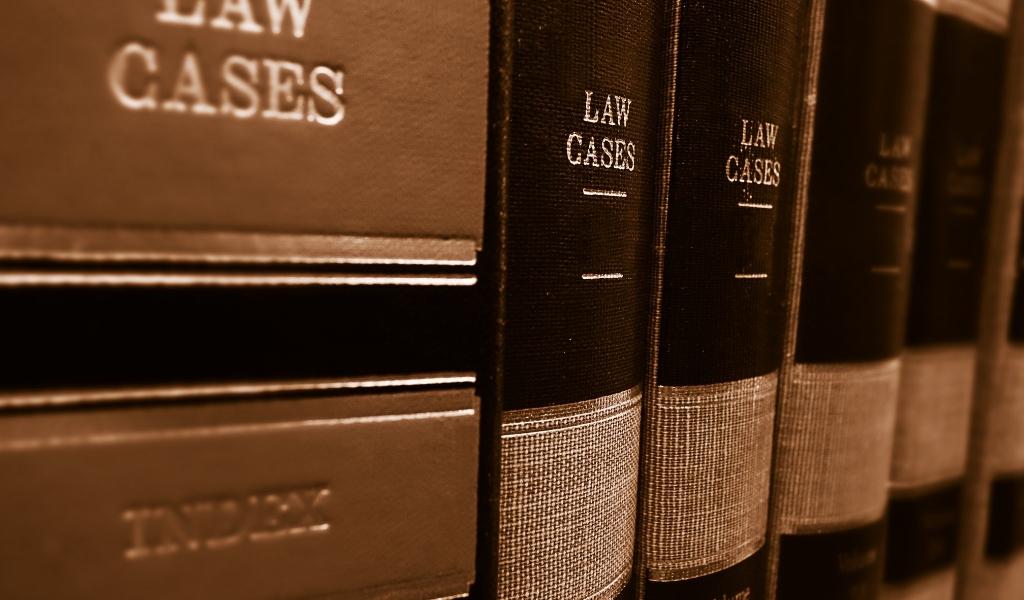In Germany, official documents that have been issued with a stamp or signature by a foreign authority usually need certified translations to be considered legal.
These documents only acquire legal validity through the attestation clause and the signature of the translator. This certification, which confirms the accuracy of the translation, may only be carried out by a court-certified translator.
In Germany, on the other hand, any public body using an official seal may issue official certifications, but this does not apply to certified translations.
If you want these documents to be recognised outside Germany, you should ask the relevant foreign authorities whether a certified translation is required.
Here is an overview of which German authorities issue certifications:
- Governments / consulate (incl. apostille)
- Courts (incl. apostille)
- Notaries
- City halls / citizens’ offices
- Local mayors
- County administrations
- Parish offices
What you should pay attention to as a private person or company when you have to present official foreign documents in Germany. You can find out who is allowed to translate your official documents and when authentication is required in the following article.
Where are certified translations needed?

Certified translations are always required when documents are to acquire legal validity. This applies in particular to contracts, but also to official documents or certificates. These certified translated documents must be presented to the authorities or offices upon request.
Consequently, it always makes sense to enquire with the relevant authority/office whether a certified translation is desired and/or required.
Here are a few examples of which institutes and offices require certified translations from you:
- Federal Employment Agency “Arbeitsamt”
- City halls
- Courts & public prosecution
- Registry office
- Citizen’s Office
- Universities
- Foreigners authority
Certified translations — Who needs it?
Persons who wish to study or marry in Germany require an officially sworn translator who has been sworn in for their specific national language before a German court in order to submit their documents.
When looking for a flat or a job, it can also be advantageous to carry certified translations (confirmation of registration, certificates, etc.) as proof, even if this is not required by official bodies.
As a rule of thumb, however: All foreign persons staying in Germany for longer than 6 months (study, work, etc.) should seek appropriate certified translations.
- People who wish to live and work permanently in Germany (> 6 months)
- Persons who wish to transact contractual fixed transactions in Germany
- People who would like to receive medical treatment in Germany
- Car and driving licence holders who are permanently resident in Germany
Which documents require a certified translation?
As described at the beginning, as a rule all officially issued documents bearing an official stamp or signature must be translated by an officially sworn translator. You can find a complete overview of the most important documents you should certify here:
- Personal documents Birth, marriage, death certificates
- Certificates and diplomas
- Medical certificates and records
- Certificates of good conduct
- Judgments and certificates
- Contracts
Who may issue certified translations?
In Germany, a certified translation may only be carried out by publicly appointed and sworn translators. They confirm the accuracy of the translation with their signature, stamp and a certification note and guarantee that it corresponds to the original.
The authenticity is therefore legally binding. Only about 3% of translators are sworn in by the courts. So find out in advance whether the translator meets the set criteria and, if in doubt, ask to see the translator’s certification for the language in question.
The Authentication: Apostille & Legalisation.

An apostille confirms the authenticity of the signature/seal of the signatory (not the actual document). Some official documents only receive legal force through this apostille. Apostilles can only be issued by governments and courts.
Official documents from abroad are generally only accepted by German authorities if they have been legalised by the consulate of the country concerned. This authentication procedure of official deeds and documents was laid down in the Hague Convention of 1961.
Résumé and helpful tips to keep in mind
- Enquire in advance at the relevant authority whether a certified translation of your documents is necessary.
- Rely on professional translators & agencies.
- Allow some processing time. Certified translations must be in the original and thus sent by post.
- If your document has been issued by a court or government and there is an authentication, this must also be translated.
The author “Florian Mayerhoffer” — Head of Marketing at lingoking since 2020.
Lingoking is responsible for building up the brand & marketing department and the external presentation of the “lingoking” brand. Under the slogan “Push The Boundaries”, he not only wants to use lingoking to promote more tolerance and diversity in society, but also to help companies distribute their products optimally across national borders.
The brand “lingoking” — The first delivery platform for translations.
Lingoking is the first translation delivery service. Our digital and web-based ordering system allows for the quick booking of professional language services. For worldwide on-site appointments as well as ordering written translations from all over the world — officially recognised, seo-optimised, and approved for all target countries.
If you have any question about Amazon Marketplace and how to grow your sales, just click here or here to find out our services! A expert of our team will guide you, cause we are Amazon Sellers ourselves.
Please consider to Like&Share!






